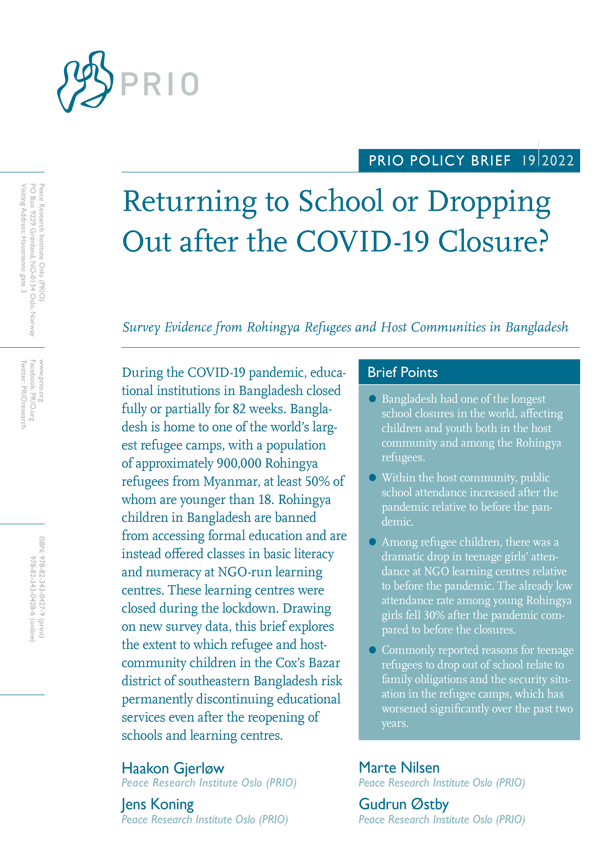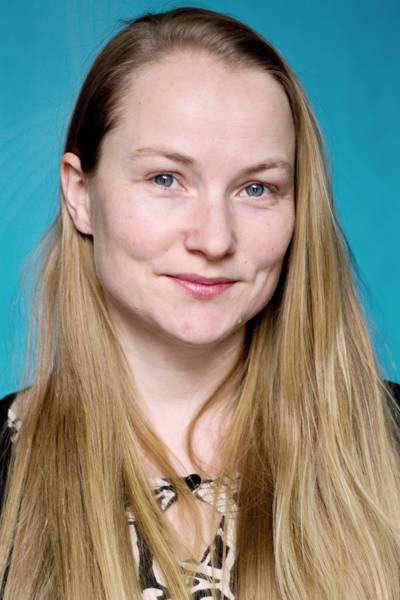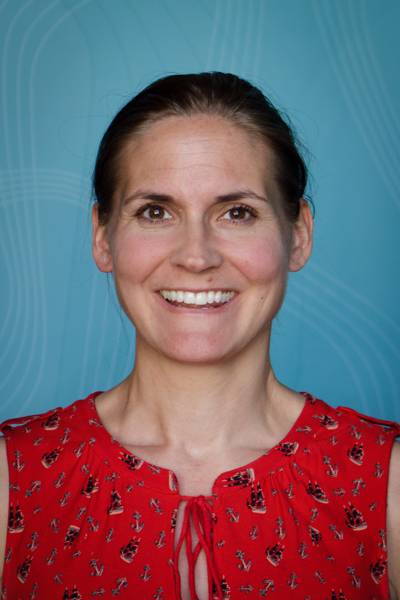During the COVID-19 pandemic, educational institutions in Bangladesh closed fully or partially for 82 weeks. Bangladesh is home to one of the world’s largest refugee camps, with a population of approximately 900,000 Rohingya refugees from Myanmar, at least 50% of whom are younger than 18. Rohingya children in Bangladesh are banned from accessing formal education and are instead offered classes in basic literacy and numeracy at NGO-run learning centres. These learning centres were closed during the lockdown. Drawing on new survey data, this brief explores the extent to which refugee and host-community children in the Cox’s Bazar district of southeastern Bangladesh risk permanently discontinuing educational services even after the reopening of schools and learning centres.
Gjerløw, Haakon; Jens Koning; Marte Nilsen & Gudrun Østby (2022) Returning to School or Dropping Out after the COVID-19 Closure? Survey Evidence from Rohingya Refugees and Host Communities in Bangladesh, PRIO Policy Brief, 19. Oslo: PRIO.











